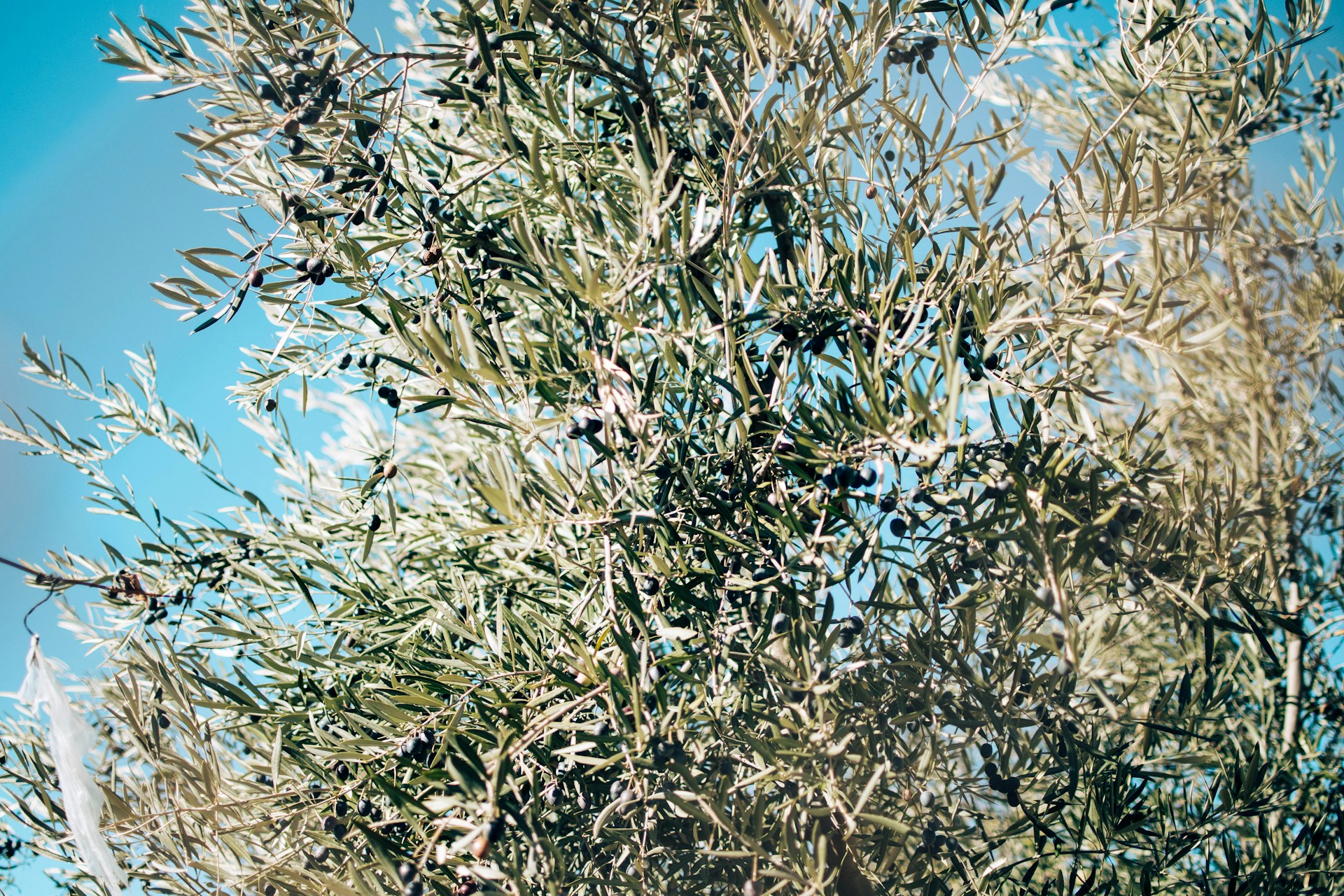Address
Sakiet Ezzit 3021, Sfax, Tunisia
Work Hours
Monday to Friday: 8AM -5PM
Address
Sakiet Ezzit 3021, Sfax, Tunisia
Work Hours
Monday to Friday: 8AM -5PM
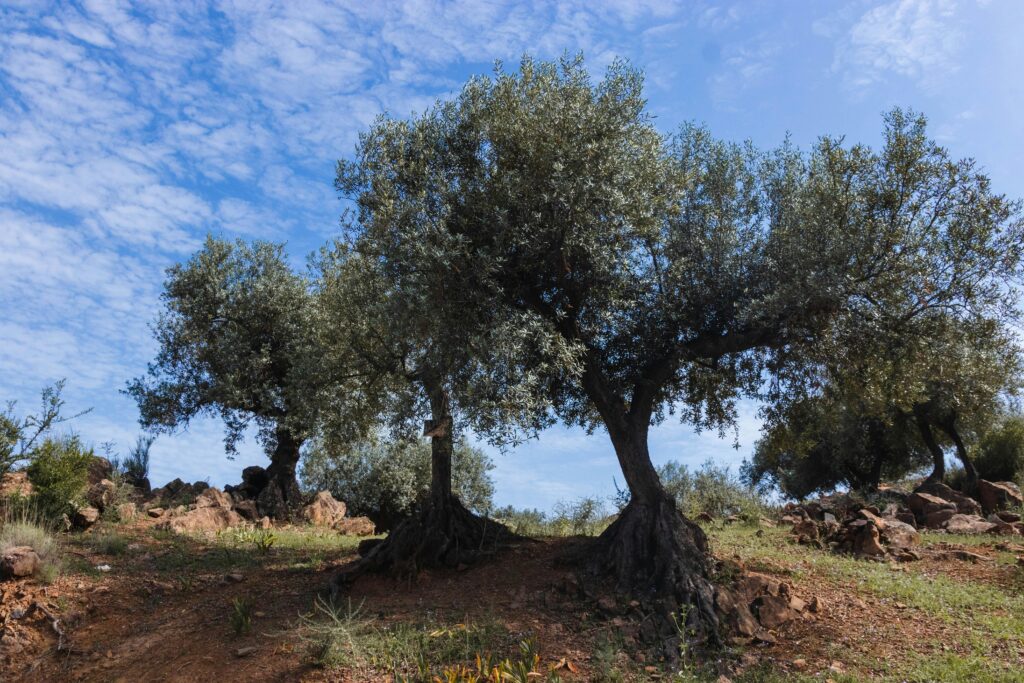
Generational knowledge passed down in sourcing practices.
Grow across Tunisia, making olive wood sourcing a tradition rooted in heritage.
Making Tunisia one of the largest olive-growing countries in the world.
The average olive tree lifespan in Tunisia

Avoidance of mass deforestation
Responsible olive wood sourcing in Tunisia means avoiding mass deforestation at all costs. By sourcing wood selectively, we protect the country’s 80 million olive trees and preserve them as a national treasure.
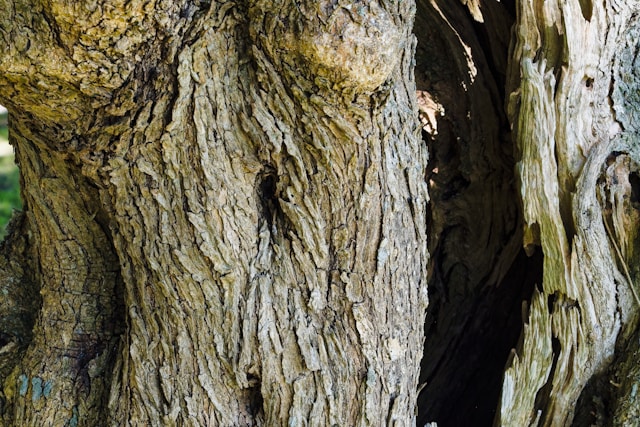
How old trees are repurposed after their fruiting life
In ethical olive wood sourcing, even old olive trees have value. Once their fruiting life ends, they are carefully repurposed into timeless handcrafted products, giving each tree a second life beyond its harvest years.
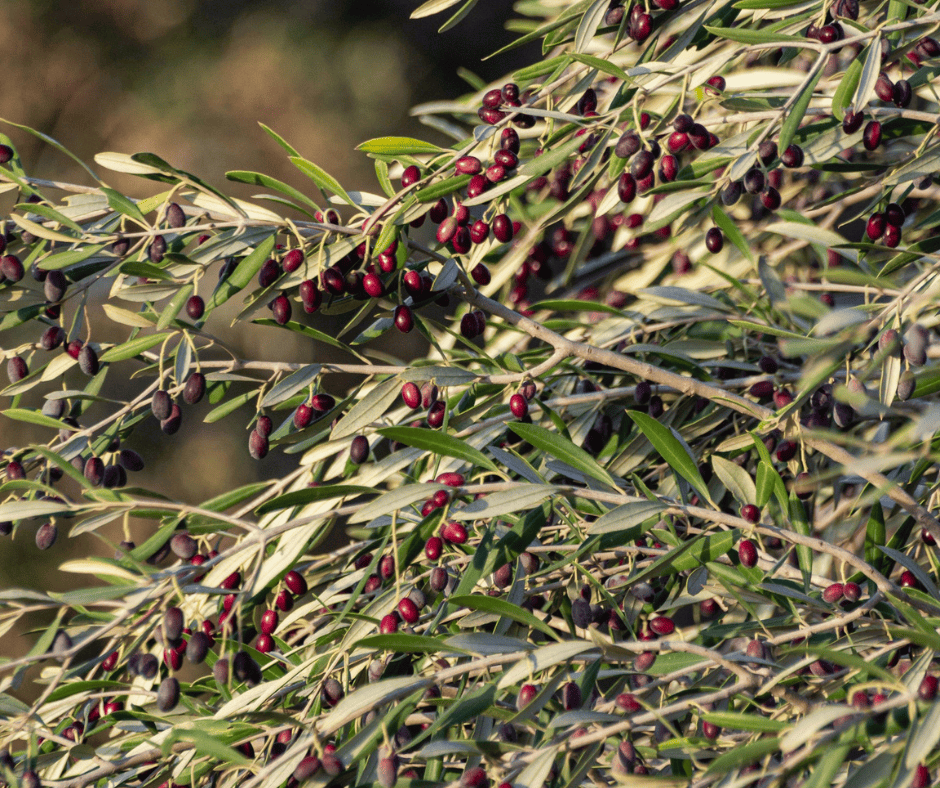
Only using pruned or naturally fallen branches
Our olive wood sourcing process begins with respect for nature — using only pruned or naturally fallen branches. This ensures that no healthy trees are cut down, maintaining the balance of Tunisia’s olive groves.
Protected as a national treasure
Olive wood sourcing in Tunisia is a delicate and highly regulated process due to the cultural and environmental significance of the olive tree. With over 80 million olive trees considered a national treasure, strict laws govern their cutting and use. Only wood from pruned branches, naturally fallen limbs, or trees at the end of their fruiting life can be used, making supply limited and unpredictable. Additionally, the sourcing process requires navigating complex documentation and inspection procedures to ensure compliance with sustainability standards. This careful balance between tradition, legality, and craftsmanship makes Tunisian olive wood sourcing both challenging and unique.
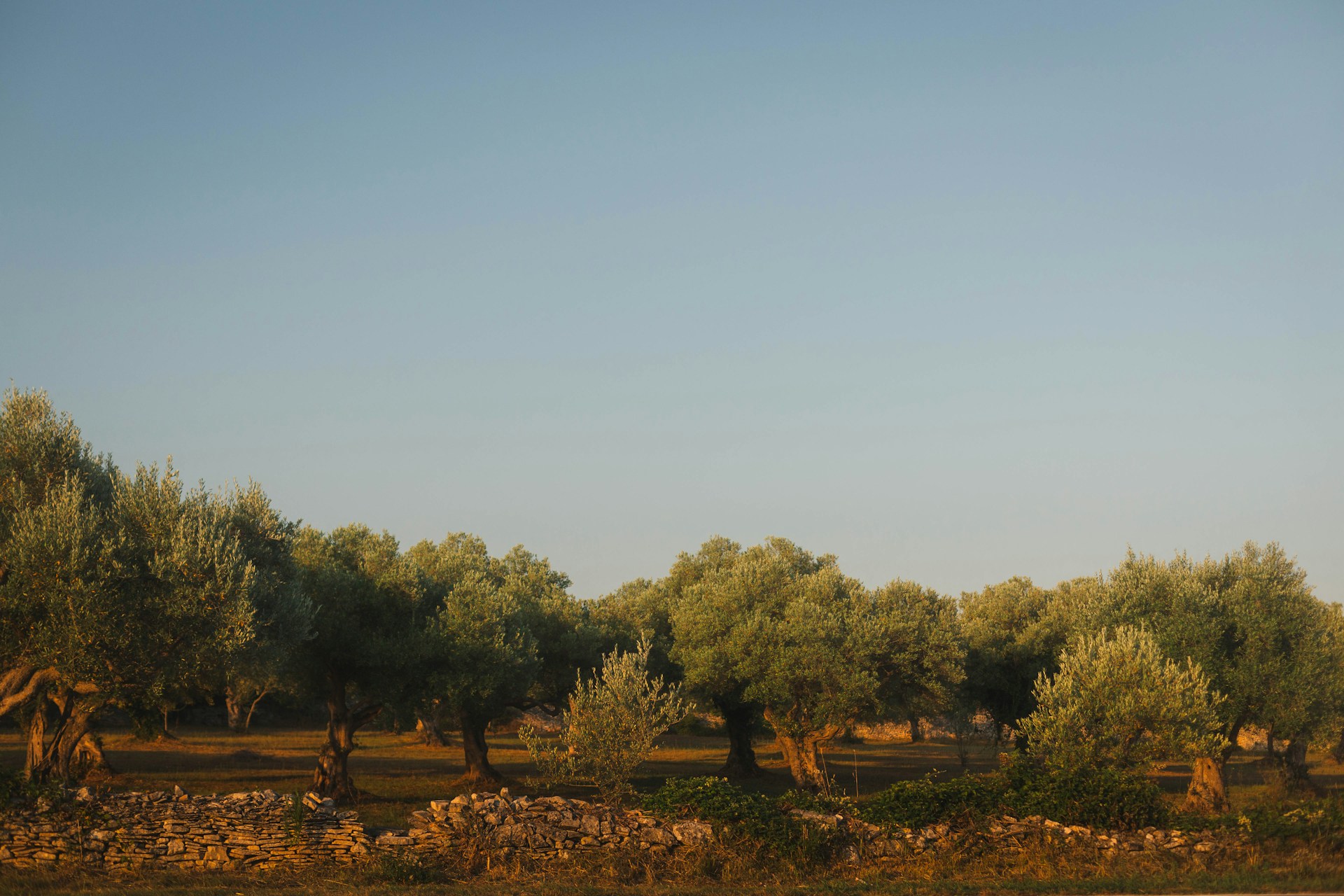

Thomas Jefferson
